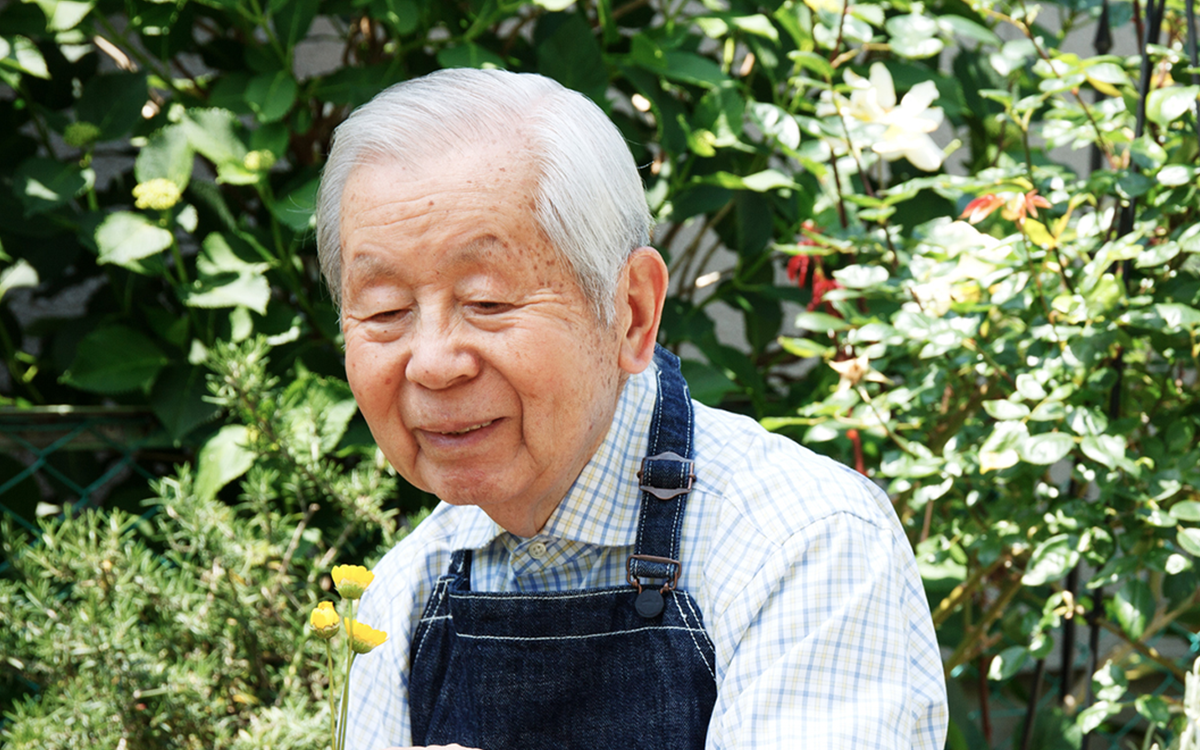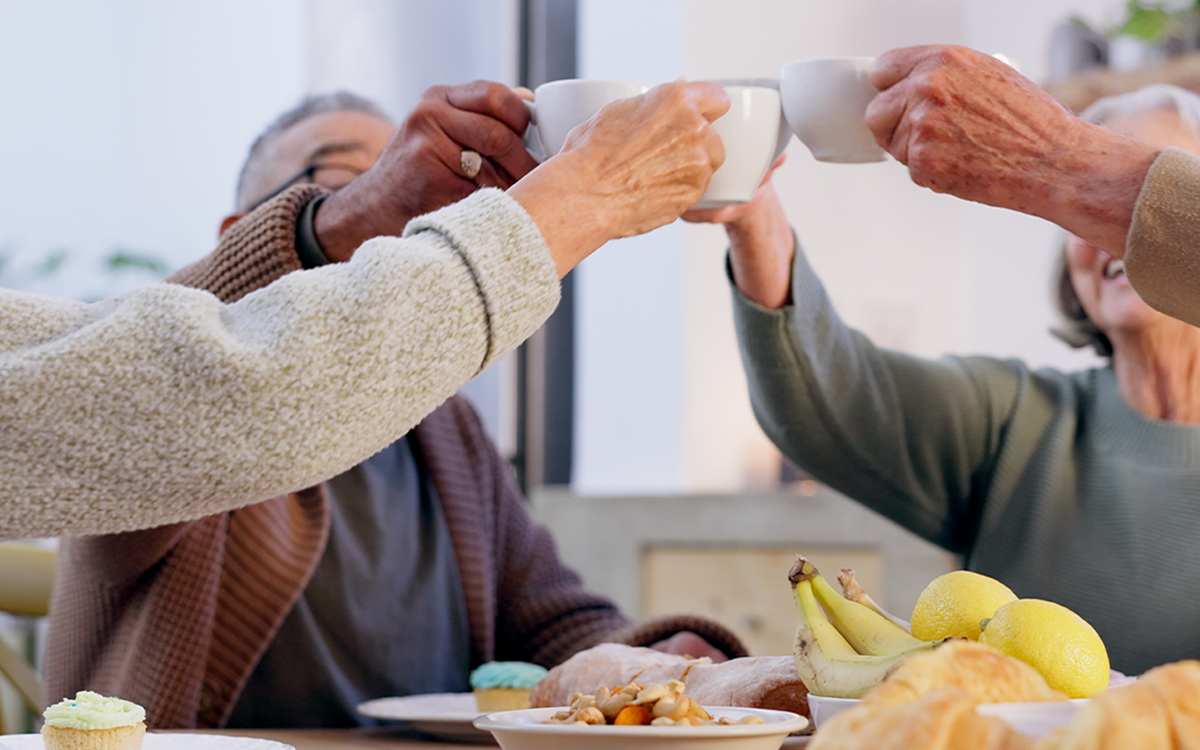Mindset plays a large role in how the whole family approaches senior independence. As children grow up, they intrinsically form their own opinions and paths, changing the family dynamic. Once they’re grown and it’s time for the parents to become the cared for, it changes the dynamic once again and can lead to miscommunication. While family members may want to jump in and immediately help by simply “doing” for the older adults in their lives, that can make them feel like a burden, or worse: helpless and inconsequential. Living with purpose is a huge part of our values at Verve Senior Living, and we believe it comes from maintaining an all-important balance. The balance between wanting to help and ensure the safety of seniors, and helping too much by taking away the tasks and abilities they still have and cherish.
If things become out of balance, seniors begin to feel a loss of independence which can lead to frustration and depression. By encouraging them to still play an active role in their own lives, we are enhancing their quality of life through cognitive, social, and even physical skills.
“This idea of feeling connected becomes very reinforcing, to all of us, and it contributes to happiness, it contributes to mental health, and it does contribute also to physical health,” says John Northman, a psychologist from Buffalo, NY. “It’s well known that when people feel better connected, that they feel better physically, they’re certainly less likely to feel depressed — or if they do, they’re in a better position to get out of being depressed. Overall, it leads to a feeling of a greater degree of support and connection psychologically,” he says.
Ways Family Members Can Provide Support and Encouragement to Senior Loved Ones
We’re all in this together. Take the time to plan for the future together. Be realistic about your senior loved one’s physical abilities and discuss how to prepare for changes down the road. If it’s become necessary, try our tips for how to have the conversation about moving into a retirement residence.
Allowing seniors to continue doing as many of their regular activities and tasks as independently as possible, safely, is crucial to them retaining their abilities and boosting self-esteem. Implementing some safety measures will help everyone’s peace of mind, reduce worry and possible friction between family members, as well as help senior loved ones maintain their independence. Medical Alert systems are worth their investment knowing someone is always within arm’s reach. Installing modifications like grab rails, chair lifts, and the like for a safer home can also reduce physical injury as well as frustration and worry.
Whether your senior loved one lives with you, or in a senior living residence, scheduling a specific time to spend together is important. Sure, you may see each other every day because you live together, but quality time spent doing an activity or talking is invaluable. Conversely, if you do live together, the occasional respite will do both parties a world of good to recharge and refuel for all that time spent together.
Lastly, it’s important to remember that everyone has their own opinions and preferences when it comes to what to eat, wear, do, etc. every single day. Voicing these in a calm, open manner is crucial to open communication. Acknowledging your senior loved one’s abilities, no matter how few or many, is important to that independence we each so value. It’s also up to your senior loved one to acknowledge that children grow up and their judgment on larger issues should be heard and valued as well. It’s a difficult role reversal for many and takes practice. Journaling or speaking with an outside, neutral, and professional party can help all involved work through their emotions and beliefs, as well as discover new, healthy ways to communicate.




